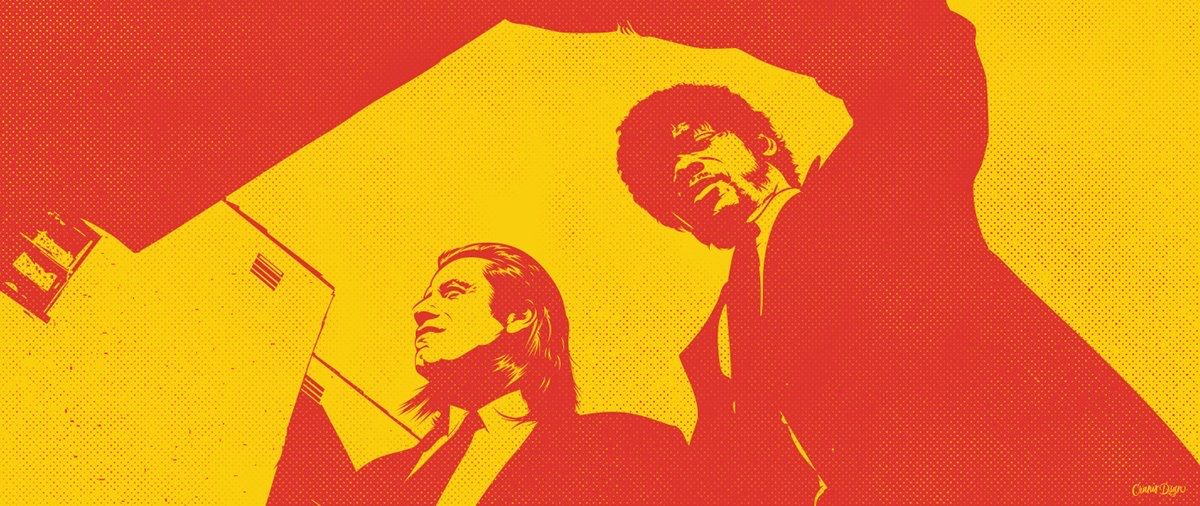Rocky II is a 1979 movie directed by Sylvester Stallone.

Rocky II picks up where the classic leaves off. Rocky is essentially retired but struggles to find a purpose for his life. After continued goading from Apollo Creed, he agrees to a rematch. During his training, Adrian gives birth and slips into a coma.
THE BEST – Mickey’s Movie
Burgess Meredith is given more meaty scenes here and turns in a tremendous performance. His crusty Mickey snarls and callously rejects Rocky’s request to continue training. To show how damaged Rocky’s right eye is, Mickey viciously slaps him. Yet later in the movie, Mickey changes his mind and pushes Rocky to fight – even during Adrian’s time in a coma. Despite the flawed plot, Burgess shows some vulnerability and gives dimension to his character – his speech in the chapel is the most passionate part of the movie. Still, his trademark humor is on point – he declares “I don’t want to get mad in a biblical place” before he screams at Rocky.

THE BEST Part 2 – Rocky’s Job Interviews
Rocky II continues – and somewhat repeats – the natural arc of the title character as he navigates a post-fighting world. Rocky attempts different jobs, including a hauling meat, before looking for a “desk job.” While slightly over the top, his experience shooting a commercial is painful to watch. Rocky “doesn’t read so well” and is berated by an angry, flamboyant director.
Continue reading “Rocky II”













